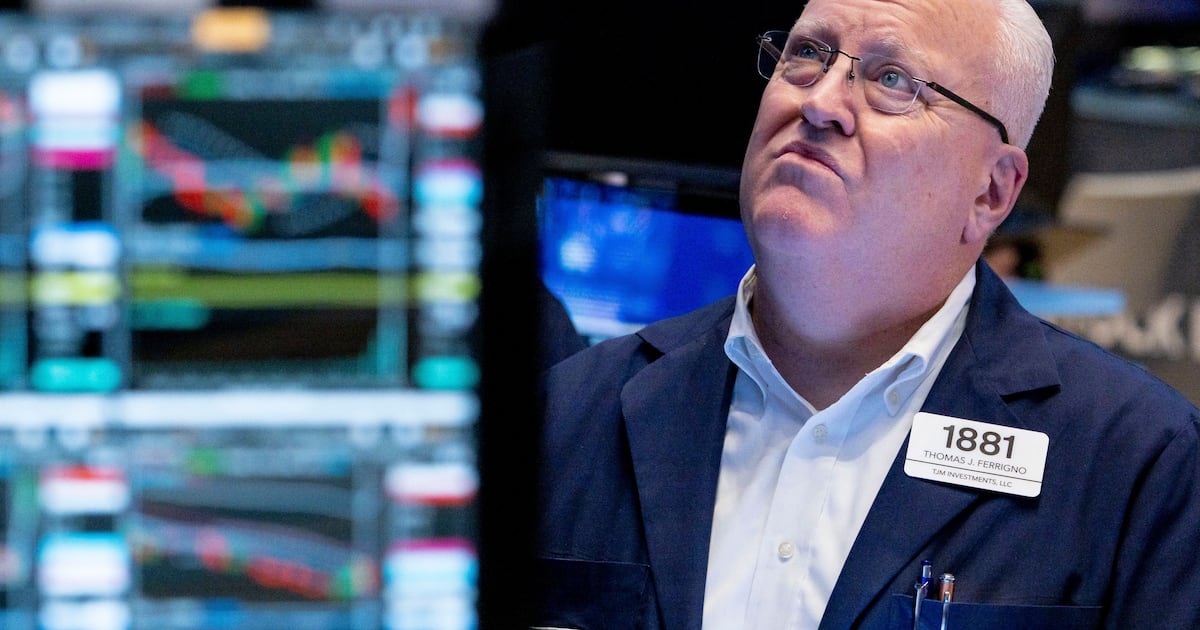Bitcoin’s price followed global assets in a fall similar to the market’s crash on August 5. More market detours are on the horizon as the Fed anticipates a rate cut this month, analysts say.
Over the past 24 hours, bitcoin has been weighed down by a broad swath of technology stocks and other assets, briefly falling below $56,000 as spooked investors weighed risks to the US economy.
Declines in stocks, oil and copper “were driven by fresh growth fears with as dire an odor as we had a month ago,” Neil Wilson, chief analyst at Markets.com, said in a note to clients.
“Gold also went down.”
With Bitcoin down 5% this week, September is already shaping up to be a volatile month.
Although there was no singular trigger for yesterday’s sale, Nvidia did receive a subpoena from the Justice Department. Antitrust ProbThe one-day Aug. 5 crash in global markets helped spread fear.
Meanwhile, a closely-watched manufacturing gauge yesterday pointed to a weaker-than-expected economy, but oil fell on fears of a slowdown in global demand.
The yen rose and so did the VIX, a “fear gauge” that measures volatility in the market.
The question now, Wilson said, is whether the “Fed will blink” and cut interest rates by as much as 50 basis points — the big end of analysts’ expectations for a US cut this month.
Join the community to get our latest articles and updates
“It signals panic and triggers more risks.”
CME Groups FedWatch The tool puts the probability of a 50-basis point cut at 41% and a 25-point cut at 59%.
What’s Next for Bitcoin?
According to an August report from the Bank for International Settlements, the drivers behind the August 5 panic around the world may soon haunt markets.
The August meltdown was triggered when Japan’s central bank raised interest rates, which boosted the yen and fueled millions, perhaps trillions, of dollars in trades.
Crypto investor Arthur Hayes echoed that sentiment.
He said markets could still be at risk if the yen strengthened against the dollar if the Bank of Japan was “cod” by holding off on a planned rate hike.
This is because investors incur losses if they have to repay their yen loans with depreciated dollars in a so-called yen carry trade.
“Expect a negative market reaction” if global rate cuts strengthen the yen against the dollar, Hayes wrote last month.
That reaction outweighs the benefits of lower borrowing costs in the US.
The amount of financial assets financed in yen is in the trillions, Hayes estimated.
Others’ estimates are more conservative, but risk persists.
Related TopicsBITCOINCRYPTO TRADING Federal Reserve
